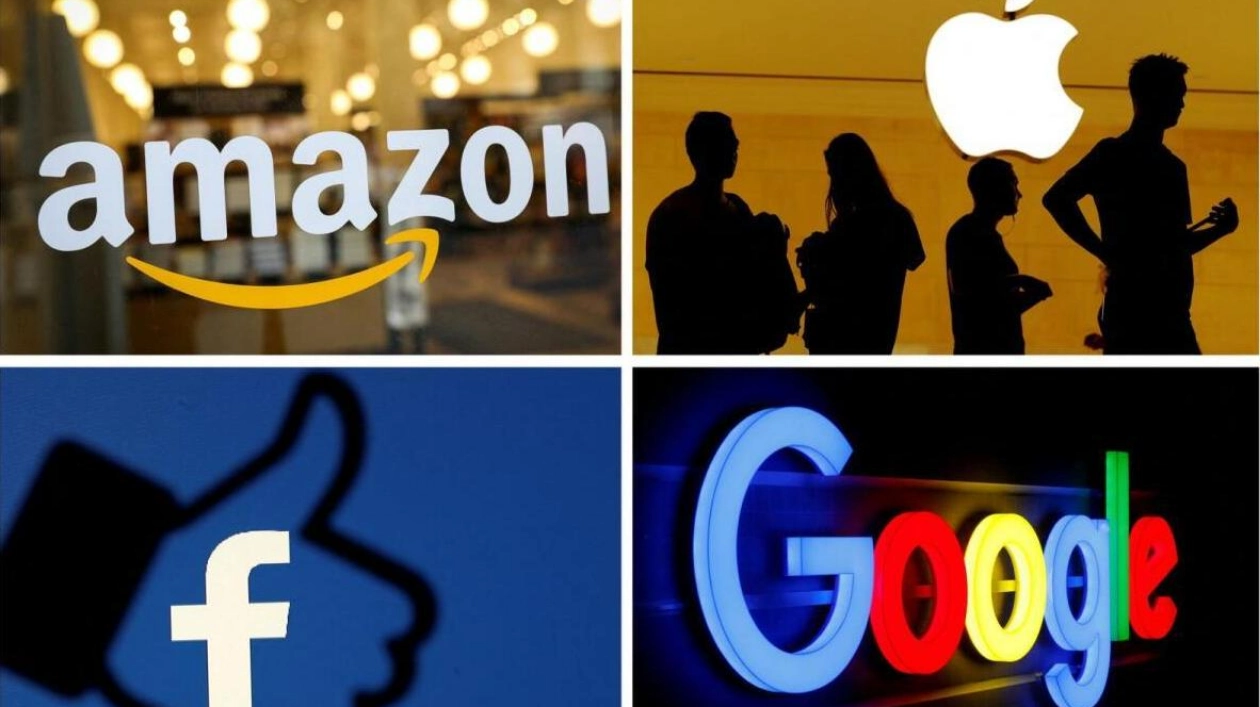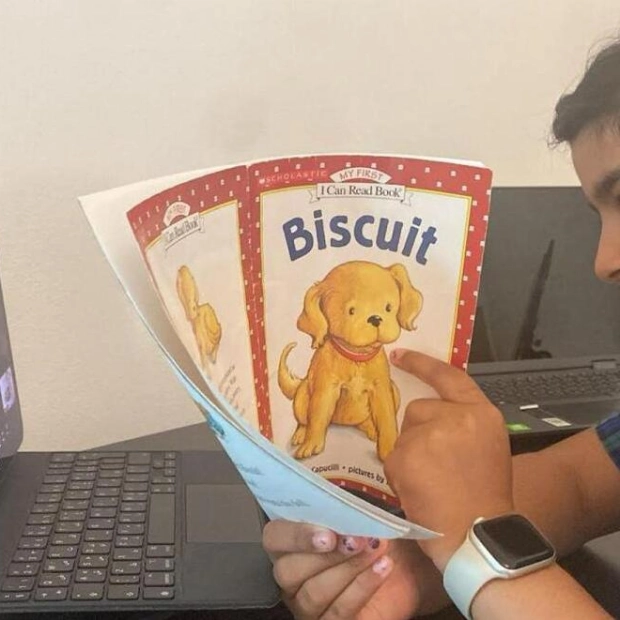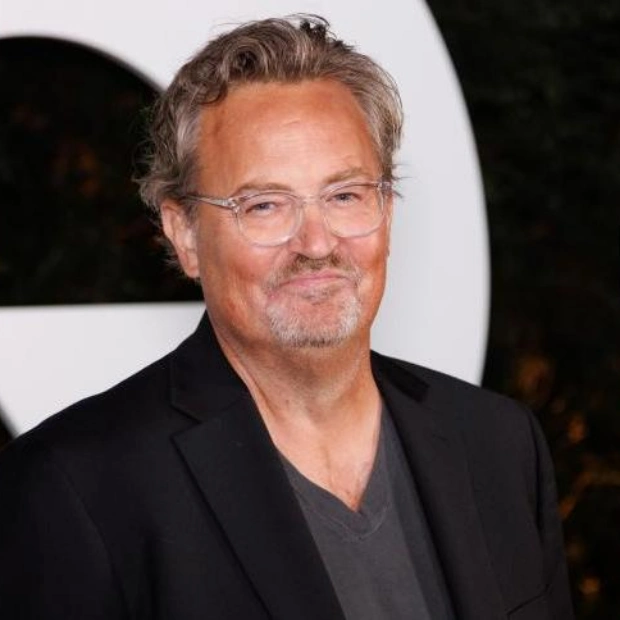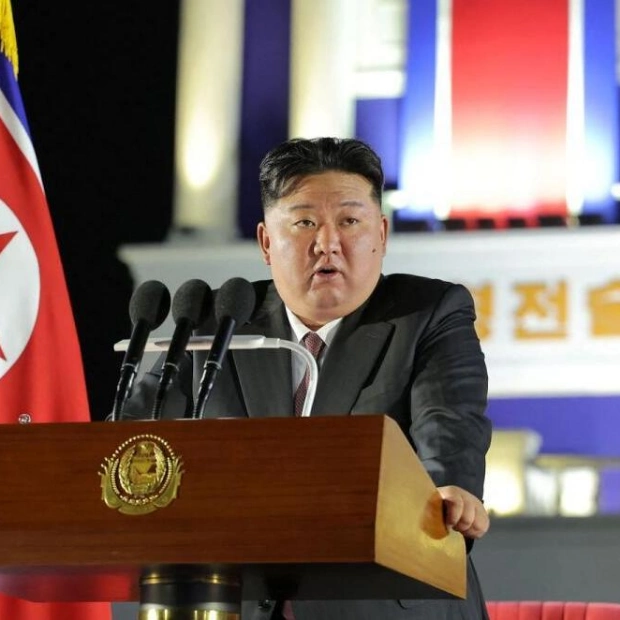Digital rights activists and online content creators have welcomed India's government decision to revise a controversial broadcast bill, which they feared could have led to Internet censorship. However, they cautioned that the government might retain some restrictive provisions in future versions of the bill, potentially hindering India's vibrant digital growth as the nation continues to expand its online connectivity.
"This is a very positive development," stated Dr Medusa, a political satirist with over 265,000 followers on YouTube, Instagram, and X. "But we must remain highly vigilant and stay alert to future developments," added Dr Medusa, who chose to be identified by her social media handle for safety.
The Indian government has promised that the new broadcasting law will enhance transparency and encourage self-regulation. The Ministry of Information and Broadcasting has not commented on this matter. According to Freedom House, a democracy watchdog, Internet shutdowns, social media content removals, and the arrest of journalists, activists, and users are measures that curtail Internet freedom, ranking India as "partly free".
The bill's proposal coincides with heightened scrutiny of streaming companies and digital creators in India. While films shown in cinemas are vetted by a government-appointed board, streamed and digital content is not. India initially drafted a bill in November to regulate the broadcasting sector, encompassing streaming giants like Netflix and Amazon. A subsequent version of the bill expanded its scope to include all digital content creators, according to technology policy analysts who examined the draft, which has not been publicly released.
These "broadcasters" would be mandated to register with the government, establish a content evaluation committee comprising various social groups to pre-screen material, and appoint a grievance-redressal officer to manage complaints. Non-compliance could result in criminal charges, including imprisonment. The government would also have the authority to seize equipment and conduct raids without warrants. The Thomson Reuters Foundation could not independently confirm the draft's specifics. The Ministry of Information and Broadcasting did not respond to inquiries about the draft bill's details or future plans.
The extensive compliance requirements reported in the draft alarmed digital content creators, who found them burdensome, expensive, and time-consuming. Meghnad S, an independent journalist and YouTuber with nearly 66,000 subscribers, expressed existential concerns, fearing the potential loss of his equipment.
On Monday, the broadcasting ministry announced on X that "a fresh draft will be published after thorough consultations", extending the feedback period until October 15. This withdrawal of the latest draft was a minor victory for digital rights advocates and online content creators, but they cautioned against premature celebration.
"We need greater transparency and accountability from the ministry," said Nikhil Pahwa, a digital rights activist and editor of MediaNama, a Delhi-based tech policy publication. The ministry has conducted private, closed-door meetings with the industry in recent months, excluding online content creators, digital rights groups, and digital news publishers, according to Pahwa via WhatsApp. It remains unclear whether the government is completely scrapping the latest draft and whether it will seek broader input for the new version.
Most tech experts and content creators anticipate the government to introduce the bill in the next parliamentary session, likely starting in mid-November. "Now we can wait until the winter session and see if they introduce a new version of the bill and attempt to push it through," said YouTuber Meghnad. "Currently, they are retreating, but I'm unsure if this is permanent."






